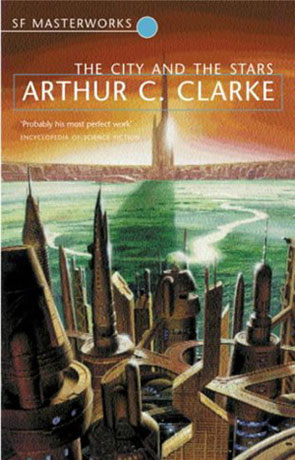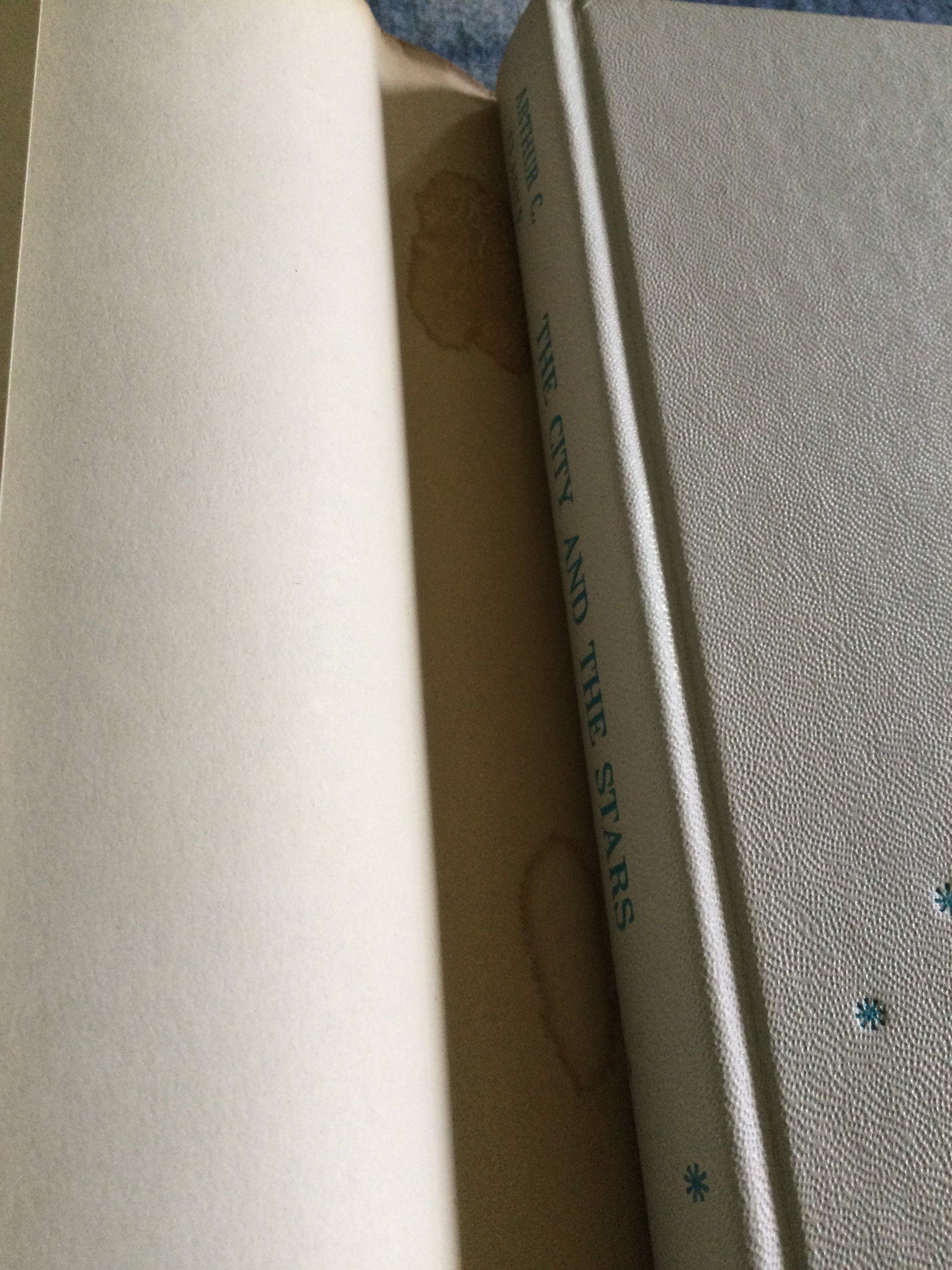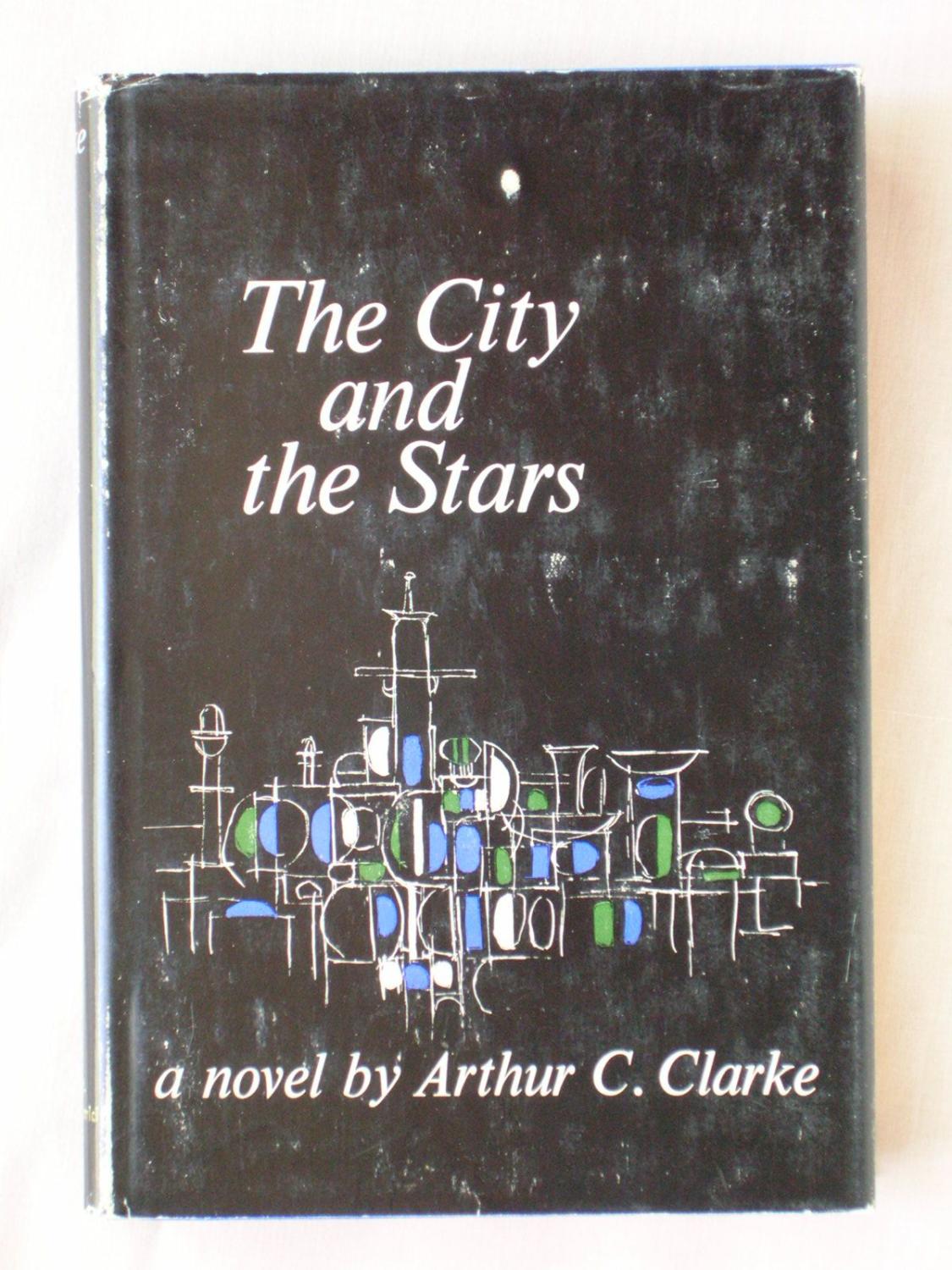
The initial draft for this was written in 1948, and to think Clarke had these ideas, could manifest such worlds and stories… There’s no wonder he was one of the Big Three, along Asimov and Heinlein. Just like an RPG.Īnd there’s something incredible about reading a book like this when you know how old it is. We understand more things about the world around us, and adapt to it. Then, as Alvin moves through the world and everything he sees and does, we learn, and evolve. We start out in Diaspar, making ourselves familiar with our immediate surroundings, but then we’re off into the world to explore. I think it’s the gamer in me that loved this part the most – in many ways it reads like an old-school RPG.

We follow Alvin, and as he figures out what’s what in Diaspar, so do we. There weren’t long-drawn conversations of political instability or cultural evolution that I had no way of keep straight in my head. You weren’t inundated with characters, place names, facts, and historical events you needed to keep track of. What I loved about this story was that it was an exploration.

Turns out he also wrote 2001: A Space Odyssey and Childhood’s End, among a vast array of other things, and popularized the idea of geostationary satellites for telecommunication purposes. I didn’t know much about Clarke before I read this, only that he’s considered one of the greats in early science fiction. So when he finds a way out of the city, he doesn’t hesitate to take it.

He realizes that he’s different than everyone else, and finds himself with an urge to explore beyond Diaspar’s borders. Everything is controlled by the Central Computer, even the people. It is set in the city of Diaspar, currently the last city on planet Earth, a completely seal-off and self-sufficient environment.

The City and the Stars is Clarke’s first novel – but the version that ended up being published with that name as the title, in 1956, is actually the third rewrite. Every part of this novel made me want to keep on reading, keep on discovering, and see Alvin’s quest till the end. When I started this I was worried I would find it much the same way I found Dune – boring and overlong – but this was the complete opposite. One of the fathers of modern science fiction – and a definite must-read!


 0 kommentar(er)
0 kommentar(er)
